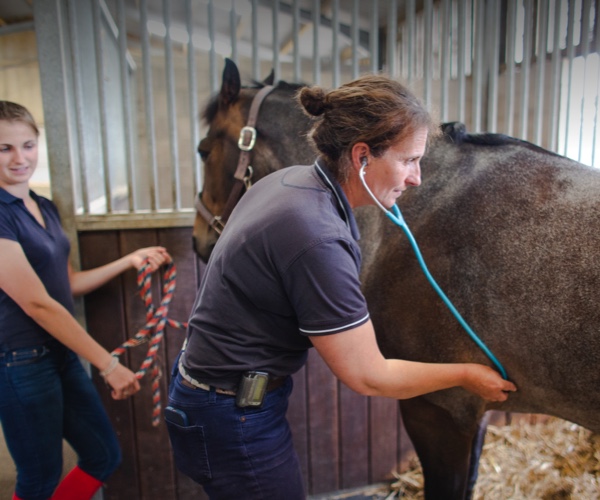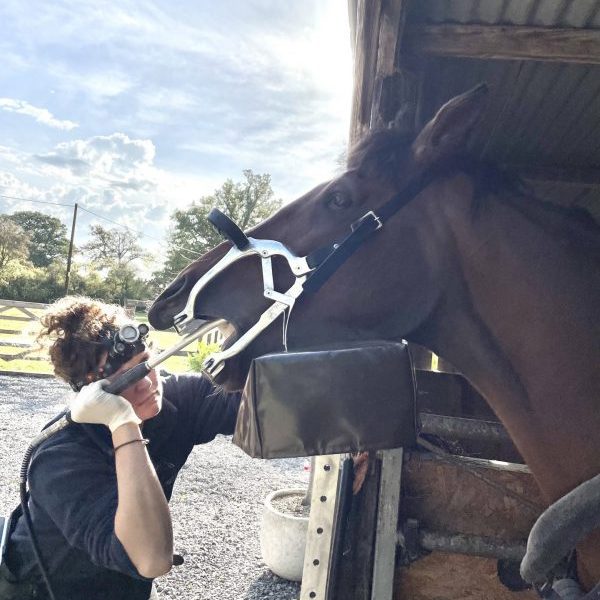Vaccinations
Vaccines are there to reduce the risk of, and severity of disease. There are vaccines available for a large range of infectious diseases depending on the age and lifestyle of your animal. Some vaccinations may be mandatory depending on if you compete with a registered organisation, intend on breeding your horse or are on a public yard. Below we will outline the most commonly requested vaccination protocols:
Equine Influenza
Influenza or ‘flu’ is a highly contagious, viral upper respiratory tract disease much like in humans, characterised by coughing, fever and malaise. Vaccines are given as a starting course of two vaccinations one month apart, followed by a third six months later. Thereafter given annually. Some competition organisations request that competing horses are within 6 months and 21 days of a vaccination, necessitating six monthly vaccinations for those competing all year round.
Tetanus
Tetanus is a bacterial disease caused by Clostridium tetani, which leads to fatal whole body paralysis. The bacteria is found in soil, but luckily the disease is very rare due to effective vaccination protocols. Vaccines are given as a starting course of two vaccines, one month apart and then one every two years.
Equine Herpes Virus
There are multiple viral strains of this disease found world wide, however two strains are found most commonly causing disease in the UK; EHV-1 and EHV-4. Once a horse has been infected with EHV, they remain infected life long and the virus may trigger symptoms at any point in the future. EHV-1 causes signs of respiratory disease in young horses, abortions in pregnant mares as well as neurological symptoms of paralysis in the most severe cases. EHV-4 also causes abortions in pregnant mares, but rarely respiratory disease. In Europe, EHV is frequently given as a routine vaccine to all horses but in the UK we usually only vaccinate on specific request for at-risk horses. For pregnant mares, EHV vaccination is recommended at 5 months, 7 months and 9 months of gestation.



